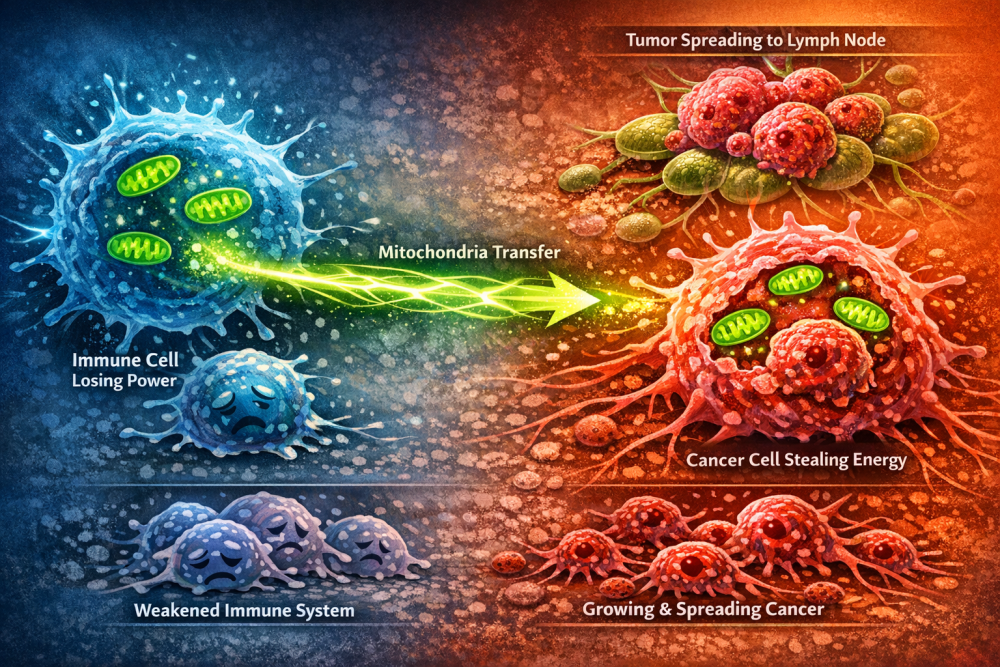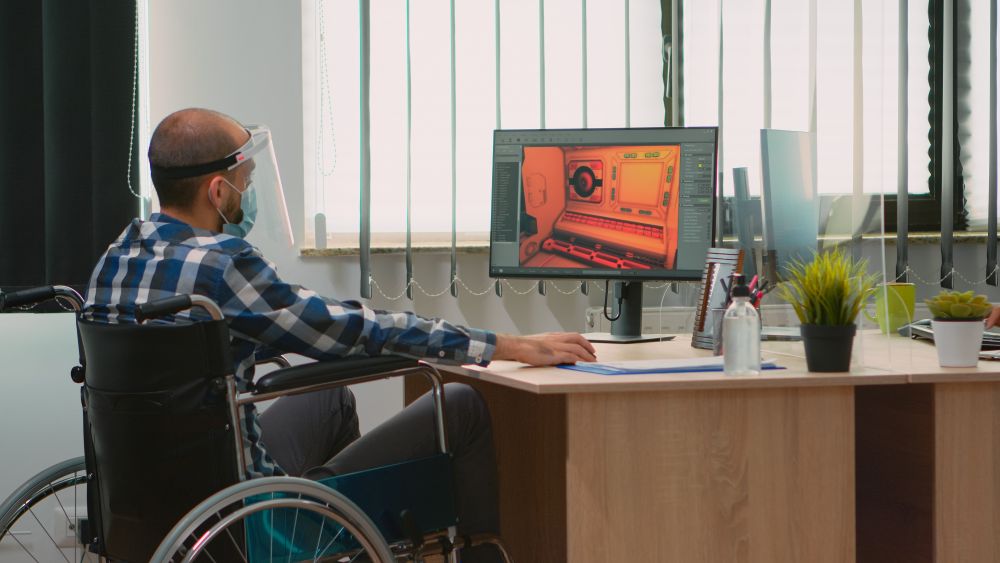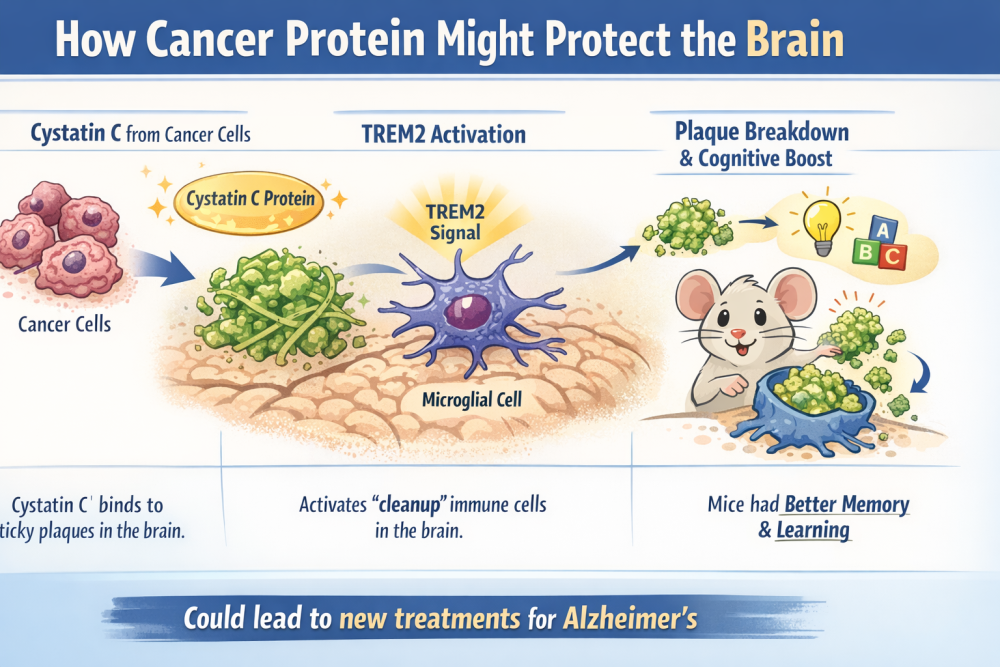Aligning Science Across Parkinson's (ASAP): A Unified Path Toward Progress in Neurodegenerative Research
Posted 1 year ago
Aligning Science Across Parkinson's (ASAP) is an initiative/organization that seeks to redefine Parkinson's research through open, collaborative science. As the organization's website describes, "Aligning Science Across Parkinson's (ASAP) is a coordinated research initiative to accelerate discoveries for Parkinson's disease. We are managed by the Coalition for Aligning Science (CAS) and work collaboratively with The Michael J. Fox Foundation for Parkinson's Research (MJFF) to implement our programs. The initiative was incubated under Dr. Ekemini Riley's leadership with support from the Sergey Brin Family Foundation."
According to the National Institute on Aging, "Parkinson's disease is a brain disorder that causes unintended or uncontrollable movements, such as shaking, stiffness, and difficulty with balance and coordination."
The scientific community has long struggled with a fragmented approach to Parkinson's research. Traditional competitive funding models encourage isolation and redundancy, often leaving researchers working in silos, which hinders the very progress patients and families await. Recognizing this, ASAP, launched in 2019, has pioneered a different global model centered on coordination and data sharing across research labs and institutions.
A central tenet of ASAP's strategy is unraveling the biological underpinnings of Parkinson's through interdisciplinary research. By bridging disciplines like genetics, immunology, and cellular biology, ASAP creates a wealth of insights illuminating the disease's underlying mechanisms. For example, investigating how genetic mutations influence neuroinflammation or mitochondrial dysfunction can yield insights that isolated studies might miss. The initiative has already funded dozens of projects across these areas, fostering the synergy needed to piece together the complex puzzle that is Parkinson's.
One of the initiative's key pillars of ASAP is an open-science policy, which mandates that all data generated be shared freely within the scientific community. This approach accelerates discoveries and amplifies transparency and reproducibility, two hallmarks of scientific rigor that are too often compromised in a race for publication or patentable outcomes.
The ASAP's holistic approach to Parkinson's research includes addressing the human element of those most impacted by the disease. ASAP actively engages with patients, advocates, and families, integrating their perspectives into the research process. This approach acknowledges that those who live with Parkinson's every day bring invaluable insights that can guide scientists toward questions that truly matter. It is a remarkable alignment of compassion with science, a powerful reminder that patient-centered research yields more relevant and impactful outcomes.
As with any transformative effort, challenges remain. While innovative, ASAP's reliance on multi-institutional collaboration faces potential hurdles in harmonizing differing regulatory requirements, ethical standards, and research protocols. Yet, the initiative has shown an admirable dedication to overcoming these obstacles, working alongside regulatory bodies to streamline processes and ensure collaborative science can flourish unimpeded by bureaucratic red tape.
Parkinson's disease is marked by immense biological complexity, and the path to effective disease-modifying therapies is long. However, ASAP has the potential of open science and multidisciplinary collaboration to make real, tangible progress in the field.





